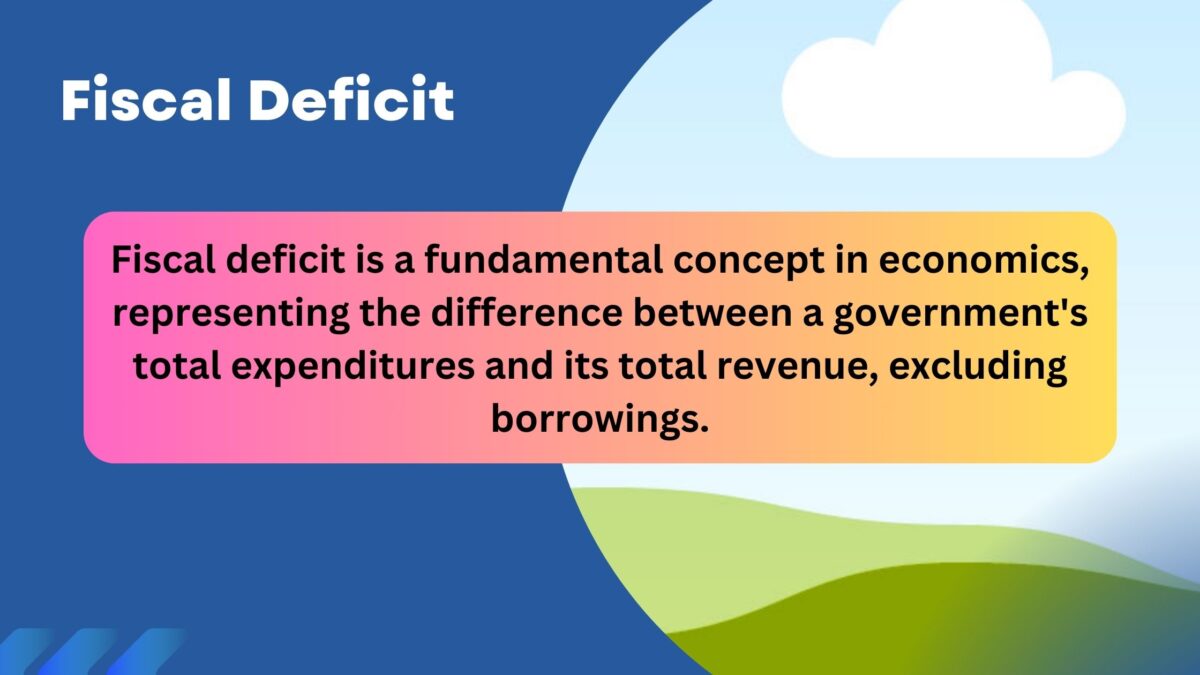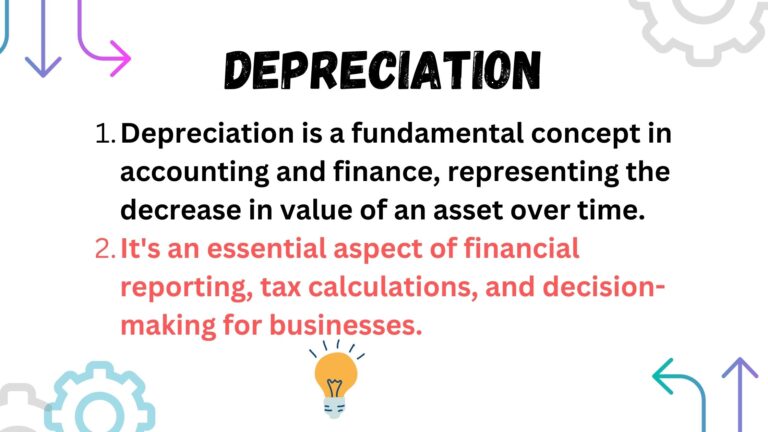Fiscal Deficit- Definition, Calculation and Significance
Fiscal deficit is a fundamental concept in economics, representing the difference between a government’s total expenditures and its total revenue, excluding borrowings. It serves as a crucial indicator of a government’s financial health and its ability to meet its spending obligations without resorting to excessive borrowing. Understanding fiscal deficit requires exploring its definition, significance, measurement,…








